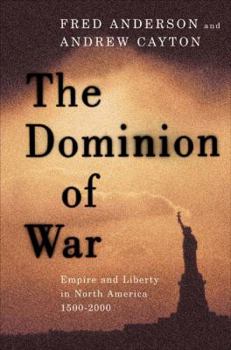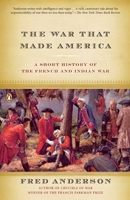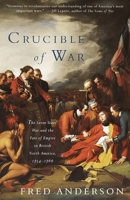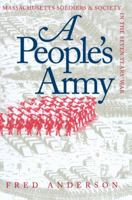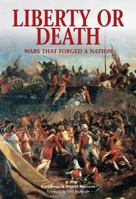The Dominion of War: Empire and Liberty in North America, 1500-2000
Select Format
Select Condition 
Book Overview
Customer Reviews
Rated 5 starsClassic
A monumental synthesis, a towering, brave work of beautifully written and exhaustively studied history - and this is all the reception it gets? This should be required reading for every American, precisely because it may be debatable or controversial in its points or selections. There is no question in my mind that this magnificent book will stand ever larger in history, as its profound yet caustic thesis receives its next...
0Report
Rated 4 starsPeace-loving USA forced into war? Maybe Not
Starting with the 1st French efforts to trade in North America, the authors argue that our self-image as peace-loving people who only fight when left no alternative, is often at odds with the facts. Second recurring theme is how military victories can produce unforeseen problems. Among the founding fathers, even those best disposed to the Indians, who wanted treaty-settlements instead of wars, assumed that they would either...
0Report
Rated 4 starsOutstanding
A recurring theme noticed by the American expatriate community is the vast difference in how foreigners view America and how Americans view themselves, especially in regards to how America has dealt with other countries. In the realm of literature and history, there have been few works that have bridged this divide, and most of them dealt with narrow topics; such as US - Mexico relation, or US - Japan relations in the 20th...
0Report
Rated 5 starsA readable and very important book
As is well known, American leaders tend to justify wars by explaining them as operations in defense of liberty and democracy. This important book examines that notion through the impact of several historically key men on North America. They include Samuel de Champlain, whose missionizing and choosing up sides in various Indian wars set the stage for "the most widespread and destructive warfare in North American history";...
0Report
Rated 5 starsImperialism and ideology
This is a very insightful account of American history in the chord of imperial expansion, telling the story that doesn't quite appear in standard accounts. We are so habituated to the American narrative that we forget the terrible legacy of expansionism, and its endless betrayals and ethnic cleansing. One useful feature of the account is to start in the sixteenth century, and show the change that came over the relations of...
0Report










